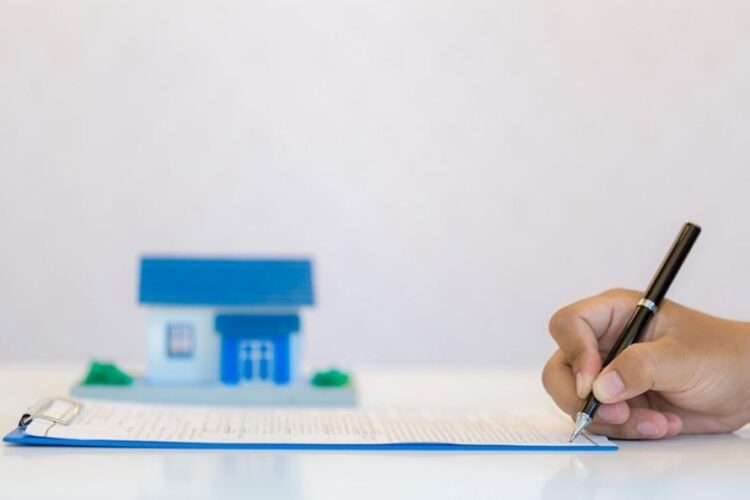If you want to secure the legal ownership of a house or a property it is crucial for you to get the property registered. The process of property registration can be confusing and the things to keep in mind post registration is time consuming as well because involves a number of steps because it involves the transfer of the ownership of a property from the seller to the buyer and such transaction must be recorded and recognized by the government in whose jurisdiction the property is situated in and it must also be compliance with the law of the jurisdiction of such Property. Here are a few key points that will help you through the process, highlighting the crucial steps that must be kept in consideration while getting your property registered.
Step-by-Step Process
Pre-Purchase Preparation
Title Investigation: Conduct a proper title investigation to ensure that the property does not have any legal encumbrances and that the seller has a legitimate claim to it.
Verification of Documents: Authenticate all property documents like sale deeds, tax receipts, and encumbrance certificates.
Legal Advice: You should also consult a real estate lawyer who will help you in going through them.
Drafting of Sale Deed
Engage an Advocate: Appoint an advocate to draft the sale deed which contains details about the terms of sale and transfer of ownership.
Stamp Duty : Calculate stamp duty depending on market value of property or agreed sale price, whichever is higher. State levels are applicable to stamp duty rates.
Stamp Duty Payment: This payment is made to the government as stamp duty. Mostly this can be done online or at designated banks.
Registration of Sale Deed
Signatures: The buyer signs along with the seller, and two witnesses on the deed.
Registration: Visit local sub-registrar office with the registered deed and supporting documents as required.
Documents that is necessary for Registration of a property
– Proof of Identity such as Aadhar Card, PAN card, Driving license, or passport of buyer as well as seller
– Address Proof of both seller and buyer such as electricity bills, property tax receipt or other government-issued proof of the address.
– Photographs: Passport-sized photographs are required of the seller and the buyer along with the witnesses.
– Original Sale Deed: Original sale deed is required which must be duly signed and stamped.
– Encumbrance Certificate: Presence of Encumbrance Certificate to verify that the concerned property is free from any tax liability.
– Receipts of payment for Property Tax: Latest tax payment receipts are required in order to get a property registered.
– No Objection Certificate (NOC): There must be a no objection certificate given to the property in case the property is owned by a charity or where it needs the consent of a large number of people before it gets sold.
Registration at Sub-Registrar Office
Appointment: Fix an appointment with the sub-registrar office.
Verification: Documents and identity proofs will be verified by the sub-registrar.
Payment of Registration Fee: Pay the registration fee which is a percentage of the property value.
Biometric Verification: There may be biometric verification (fingerprint and photograph) for both parties.
Submission and Registration: Submit all documents for registration. The property will also be registered by the sub-registrar who then provides receipt to confirm it.
Post-Registration Steps
Collection of Registered Documents: Obtain sale deed as well as other registered documents.
Mutation of Property: This is done at the local municipal office where you are supposed to apply for mutation of property so that it can update revenue records.
Updating Records: Make sure that any relevant records such as property tax, utility bills, etc. show the new ownership.
How can LawChef help you in guiding the registration process of a property?
The process of registering your property seems intricate; however, it is vital if one wants to have legal ownership rights over their home. It is advisable to get a Limassol property lawyers for your needs and LawChef seems to be the right fit for you, homeowners who consult this guide holistically and seek professional assistance when needed can confidently traverse through this registration exercise knowing they have safeguarded their property rights. In addition to this LawChef have a team of lawyers specialized in property law who will provide you free advice on a phone call for the first 15 minutes which will be charged minimally after the completion of the 15 minutes, to know more visit our website.

